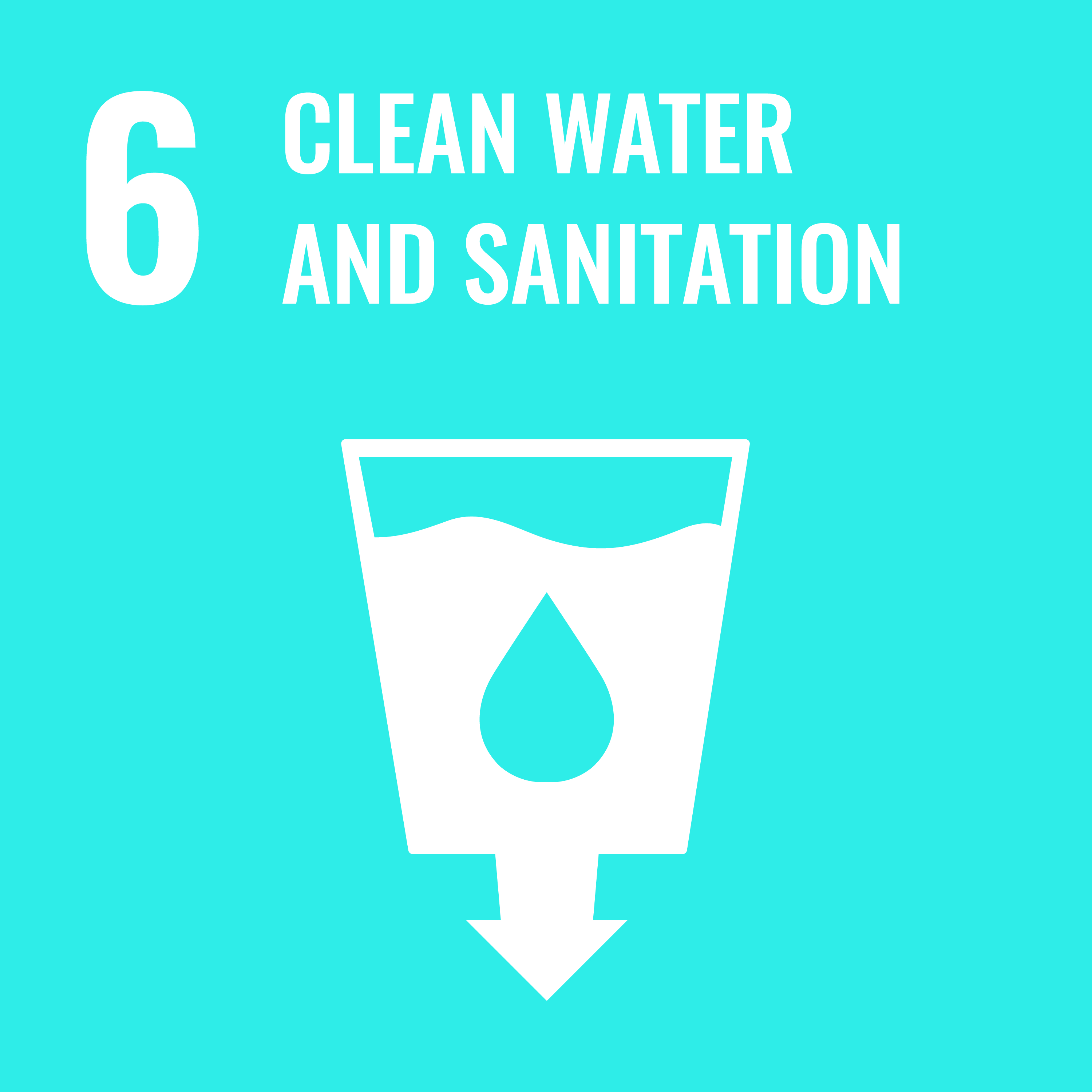Background
More than 260 million people are part of communities discriminated against based on work and descent. Such communities face discrimination, distinction, exclusion or restriction based on ancestral status and occupation. In the European and North-American context, Roma peoples are an example of communities discriminated on work and descent (CDWD). Findings from the EU Minorities and Discrimination survey carried out in 2016 show that 1 in every 3 Roma live in housing without safe drinking water.
Connections to water supply systems remain particularly low for the Roma community. In Romania, which has the highest proportion of Roma peoples in Europe, 68% of Roma households do not have access to potable water. In 2016, the UN Special Rapporteur on the human rights to safe drinking water and sanitation, Mr Leo Heller, found that “throughout several States and regions where safe water supply and sanitation services are available to almost every household, Roma populations are systemically disadvantaged in their access to these services”.
Sub-standard housing conditions and systemic disparities in access to healthcare mean that Roma communities are particularly exposed to communicable diseases arising from inadequate sanitation conditions. In the context of SDG 6 which calls for universal and equitable access to safe and affordable drinking water, sanitation and hygiene facilities for all by 2030, the international community must step up to ensure that the communities that face the most discrimination, stigma and marginalisation in access to basic services are not left behind.
Rural Development Centre; ERGO Network; The Inclusivity Project; Permanent Mission of Spain to the UN in New York (TBC)



